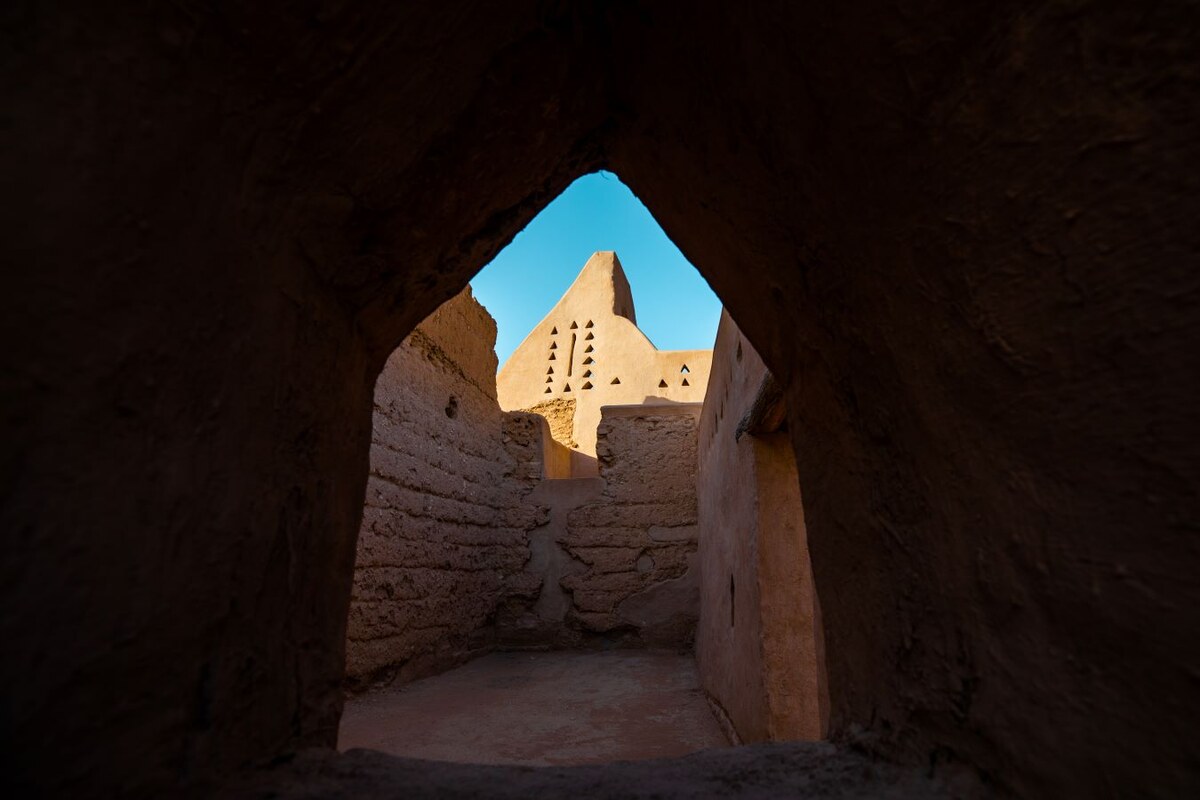Brasília: Brazil’s Supreme Court threatened on Wednesday to suspend social media platform X unless billionaire owner Elon Musk names a new legal representative for the company within 24 hours.
The decision escalates a months-long feud between Musk and Brazilian Supreme Court Judge Alexandre de Moraes, who has previously ordered the suspension of dozens of accounts on X for allegedly spreading disinformation.
In April, Moraes ordered an investigation of Musk, accusing him of reactivating some banned accounts.
Musk and other critics accuse Moraes of stifling free speech.
In an order made public Wednesday, Moraes ordered Musk “to appoint the company’s new legal representative in Brazil within 24 hours.”
“In the event of non-compliance with the order, the decision provides for the suspension of the social network’s activities in Brazil,” it said.
In response, Musk posted on X that “this ‘judge’ has repeatedly broken the laws he has sworn to uphold.”
Musk shut X’s business operations in Brazil this month, claiming the judge had threatened the company’s previous legal representative with arrest to force compliance with “censorship orders.”
Brazilian users have meanwhile continued to be able to access the social media site formerly known as Twitter.
Moraes, who also presides over Brazil’s Superior Electoral Tribunal, has spearheaded a battle against disinformation in South America’s largest nation, clashing with Musk along the way.
Several of the X accounts he ordered suspended belonged to supporters of Brazil’s former far-right president Jair Bolsonaro, who tried to discredit the voting system in the 2022 election, which he lost.
Musk previously said that if X had complied with Moraes’s orders, “there was no way we could explain our actions without being ashamed.”
Musk is also the subject of a separate judicial investigation into an alleged scheme where public money was used to orchestrate disinformation campaigns in favor of Bolsonaro and those close to him.
Brazil judge threatens to suspend X within 24 hours
https://arab.news/4azm9
Brazil judge threatens to suspend X within 24 hours

- The decision escalates a months-long feud between Musk and Brazilian Supreme Court Judge Alexandre de Moraes
- In April, Moraes ordered an investigation of Musk, accusing him of reactivating some banned accounts
























